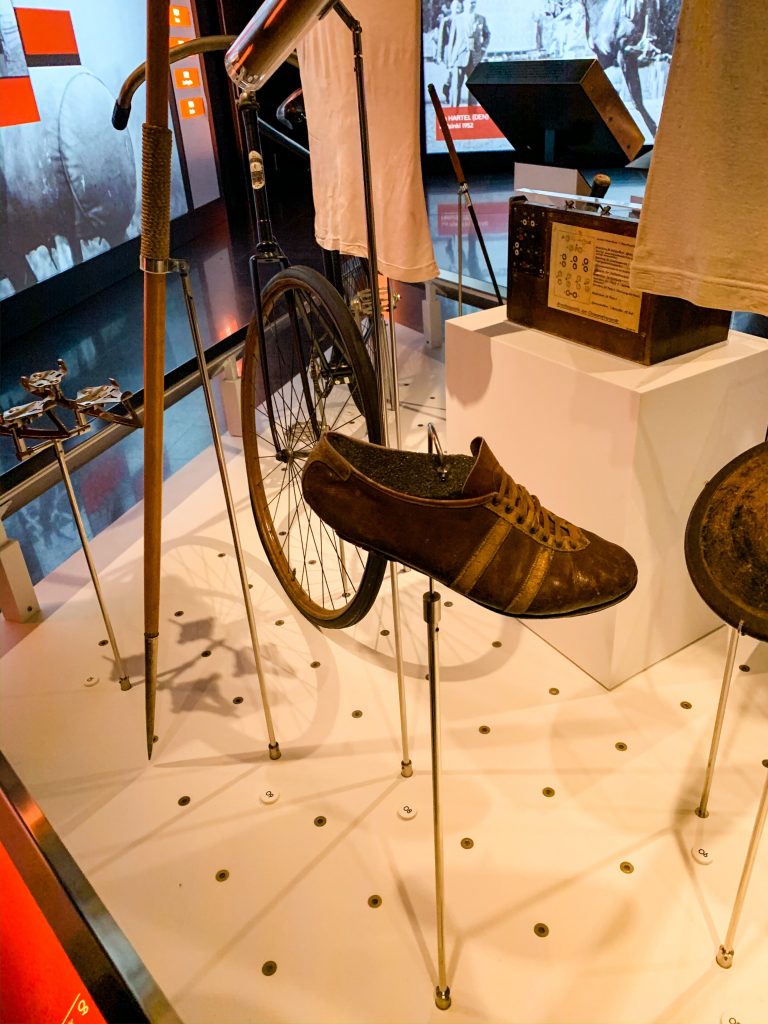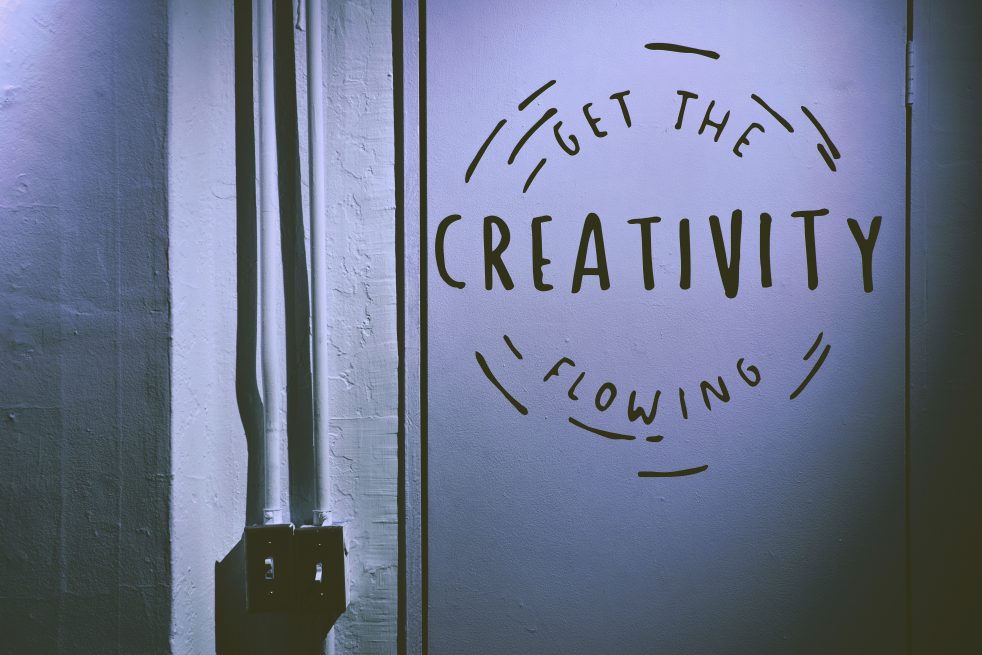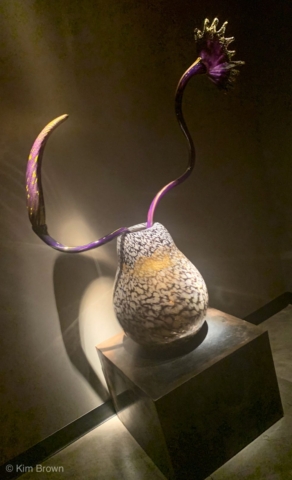Every trip I take has to include roaming through stories looking for my two favorite things — purses and shoes. I decided to get my shopping out of the way, today.
I took the Metro down to the city center. There was a tiny part of me felt nervous because of the language difference even though the concierge gave me a map with where I needed to get off circled.
It turned out to be fairly easy. However, after I got off the train, I had to make a decision about whether I wanted to go up or down. I decided to take the elevator up.
Once on the street, I made it about two doors before I saw the cutest bubble gum pink purse. Generally, that wouldn’t be my color, but there was something about that purse I couldn’t resist. I tried to convince myself to look around before I make a purchase. But then I thought, why wait?
There were two historical sights that I wanted to see — Lausanne Cathedral and old town. But to be honest the pull of the shops was stronger. That’s sort of the beauty of sightseeing alone. You get to do whatever you want. So I wandered in and out of shops, happy as a little clam.
But then my stomach started to complain. It was 3:00 PM and I hadn’t eaten since breakfast at 8:00 AM. In the States, it’s fairly easy to remedy that problem but not quite as easy in Lausanne. It was well after the lunch hour and well before the dinner hour. I asked around for somewhere that served food all day. A woman at one restaurant suggested that I try Les Brasseurs. I walked down the street but thought twice before going in. It seemed a bit too dingy-looking for my taste. I decided I wasn’t that hungry. Fortunately, I found a coffee shop on the other side of the street that had sandwiches and pastries. I was able to score a poke bowl.
After my makeshift lunch, I decided I needed to see at least one of the historic sights. The unfortunate part is that it was at the top of the hill I had been on earlier. I kinda regretted not visiting the site when I got off the elevator.
Nonetheless, I started up the hill. No elevator in sight. Boy was it steep. I had to stop several times to catch my breath. I vowed to exercise more in the future as seemingly everyone passed me by. Once I got to the top of the hill, I discovered the church was on top of yet another hill.

Honestly, I considered taking in the view from where I stood. But I took a deep breath and headed up the next hill. The cathedral was massive, but not unlike other cathedrals I’ve seen throughout Europe. I decided not to go in. Instead, I went to look at the city from the courtyard. And boy was it worth it!

Fortunately, I only had to walk down one hill to get back to the Metro. I felt a little cocky as I rode the elevator back down to the train. I got this, I thought.
The train started to move through the first three stops, Then the conductor said something in French and everyone got off. Now, it would have been logical for me to follow suit. But no. I stayed on the train. Then it started going back to where it had previously been. When it stopped again, I hopped off. I found another train heading in the direction of my hotel. I got on that train and this time I realized the conductor said the train terminates at this stop. So, I also got off.
I stood there at the station with no French feeling a little panicked. I decided to exit the station. Worst-case scenario I could take a taxi back to the hotel. Once on the street, I saw a sign that pointed toward the station for the train going in the direction of my hotel. The panic subsided. I’m not sure how I got mixed up. There was probably an easier way to get back to the hotel, but I made it nonetheless.
I took a few minutes to have a glass of wine to process my day before dressing for dinner. On the walk to the restaurant to meet Michael and his team, there was the most beautiful sunset.

We went to what could best be described as a steakhouse. The restaurant, 57 Grill, was right next to the lake and absolutely beautiful inside. It kinda reminded me of a salt cave with stylish furniture. The food was really good, except my husband and I both agreed that a US ribeye is much more tender. Though we wondered if what we were eating was what steak is supposed to taste like less. That’s probably a different kind of post




















